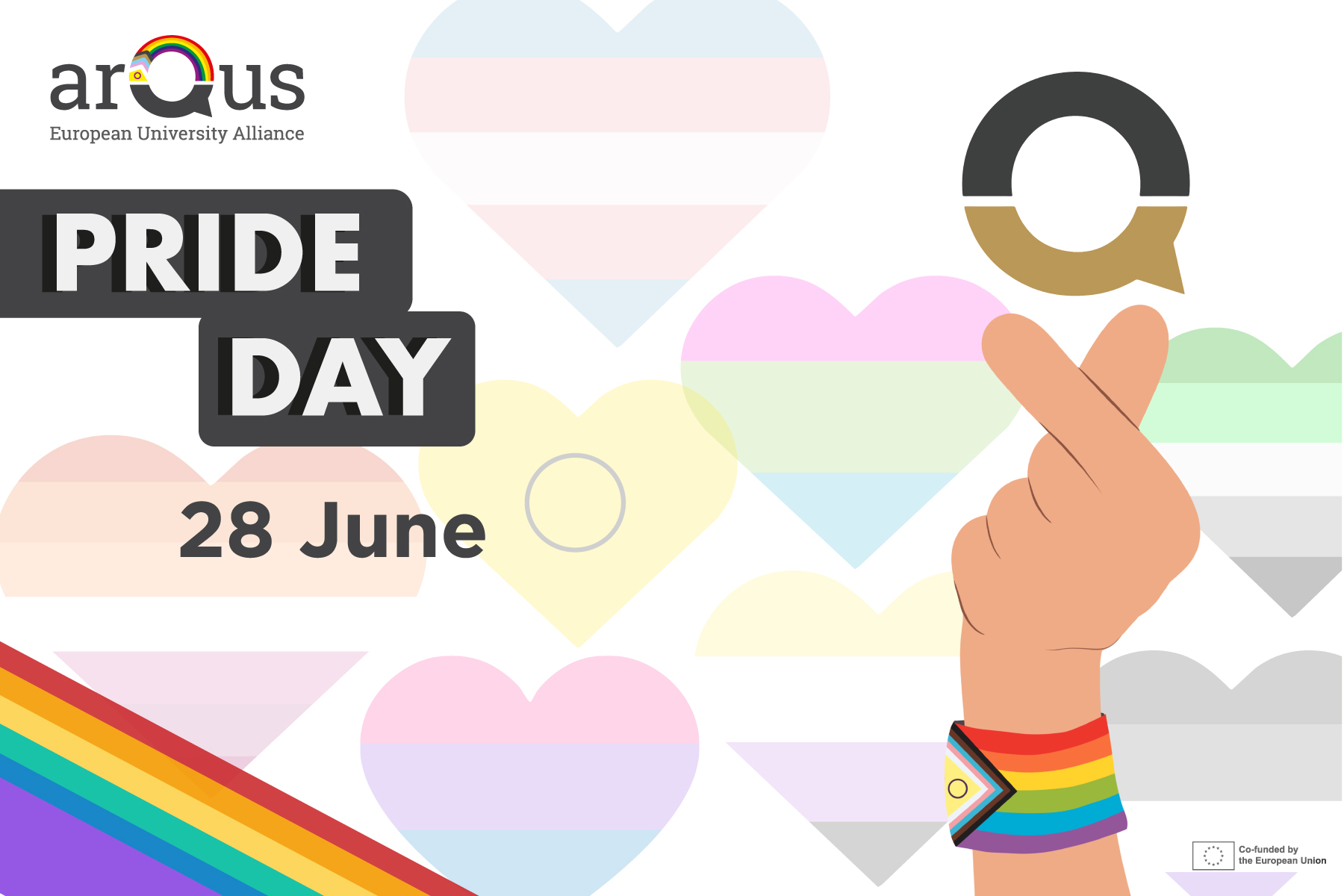Arqus participates in the SIEM Final Conference on Inclusion organised by the Erasmus Student Network
|
07 Oct 2022|
07 Oct 2022Next 4th October, the Arqus Alliance will be participating in the panel discussion “How to make Erasmus+ foster social inclusion” during the Social Inclusion & Engagement in Mobility (SIEM) final conference, taking place in Brussels.
The Erasmus Student Network (ESN), coordinator of the SIEM project and associate partner of the Alliance, invited Arqus to join this unique event, focusing on the Social Dimension of Erasmus+ and on the issue of inclusive mobility. This is the first official event of Arqus in the new phase of the Alliance (work plan 2022-2026) and, significantly, it focuses on inclusion, one of the core features of Arqus since its very outset.
Mobility is a fundamental pillar of any European University Alliance. Arqus, home of a very wide and diversified student body, committed to making sure that all the students can enjoy the same mobility opportunities and their outcomes, and this has to be much more so for vulnerable, disadvantaged and underrepresented students.
University Alliances such as Arqus are very interesting test-beds for inclusive mobility, as they constitute a sort of “protected environment” where individual universities now work on the basis of reciprocal trust: this leads to fruitful collaborative work, gives space to creativity and allows for an effective search for solutions to improve the mobility experience of the students among partner universities.
The SIEM project has been looking into the accessibility of the current Erasmus+ Programme and on what measures could be put in place to improve access and participation in mobility opportunities. As stated in the SIEM presentation, “the ultimate goal of higher education in general, and studying abroad in specific, is to shape a generation of Europeans […] who embrace cultural differences and endorse mutual intercultural understanding to shape a united society that offers space to everyone”. This goal goes hand-in-hand with the objectives of the European Universities initiative: an innovative European Higher Education Area boosting “the excellence dimension of higher education, research and innovation, while promoting gender equality, inclusiveness, and equity”. It also fits perfectly with the aim of the Arqus Alliance of engaging the Arqus communities as actors of change towards a more diverse, inclusive and excellent University Alliance.
Lucia Gennaro, Officer of the Projects & Partnerships Unit at the University of Padua and co-leader of the “Arqus Inclusion & Diversity Hub”, will represent the Arqus Alliance in this not-to-be-missed Conference. The panel “How to make Erasmus+ foster social inclusion” will take place on Tuesday, 4th October 2022 at 10:00 am CEST. It will seek to discuss the current state of implementation of the new measures and different initiatives that stakeholders are putting in place across Europe, analysing the challenges that lay ahead and the possible proposals that can help to achieve the inclusion objectives of the Erasmus+ Programme. The panel will combine key voices in Erasmus+: the European Commission, National Agencies, the SALTO Centre, ACA, European University Alliances and student representatives.
The event will be a unique opportunity to discuss together with relevant stakeholders at the European level what the Arqus Alliance has been achieving so far in the field of inclusion, in particular through the activities promoted by Action Line 2 “Widening Access, Inclusion and Diversity”. The focus will be in particular on Arqus’s future perspectives, and on how the future work will capitalise and further develop the foundations AL2 layed during the past three years. The core of the discussion will revolve around the topic of inclusive mobility, and how transversal actions will be promoted across different work packages, in particular the Arqus Inclusion & Diversity Hub (WP10), Arqus on the Move (WP09), Communities of Practice (WP03). Besides, the need to act in a multi-level framework, going from individual offices at partner universities, to the Alliance, to the European context in cooperation with other Alliances and other organisations and networks will be highlighted.

28 Jun 2025